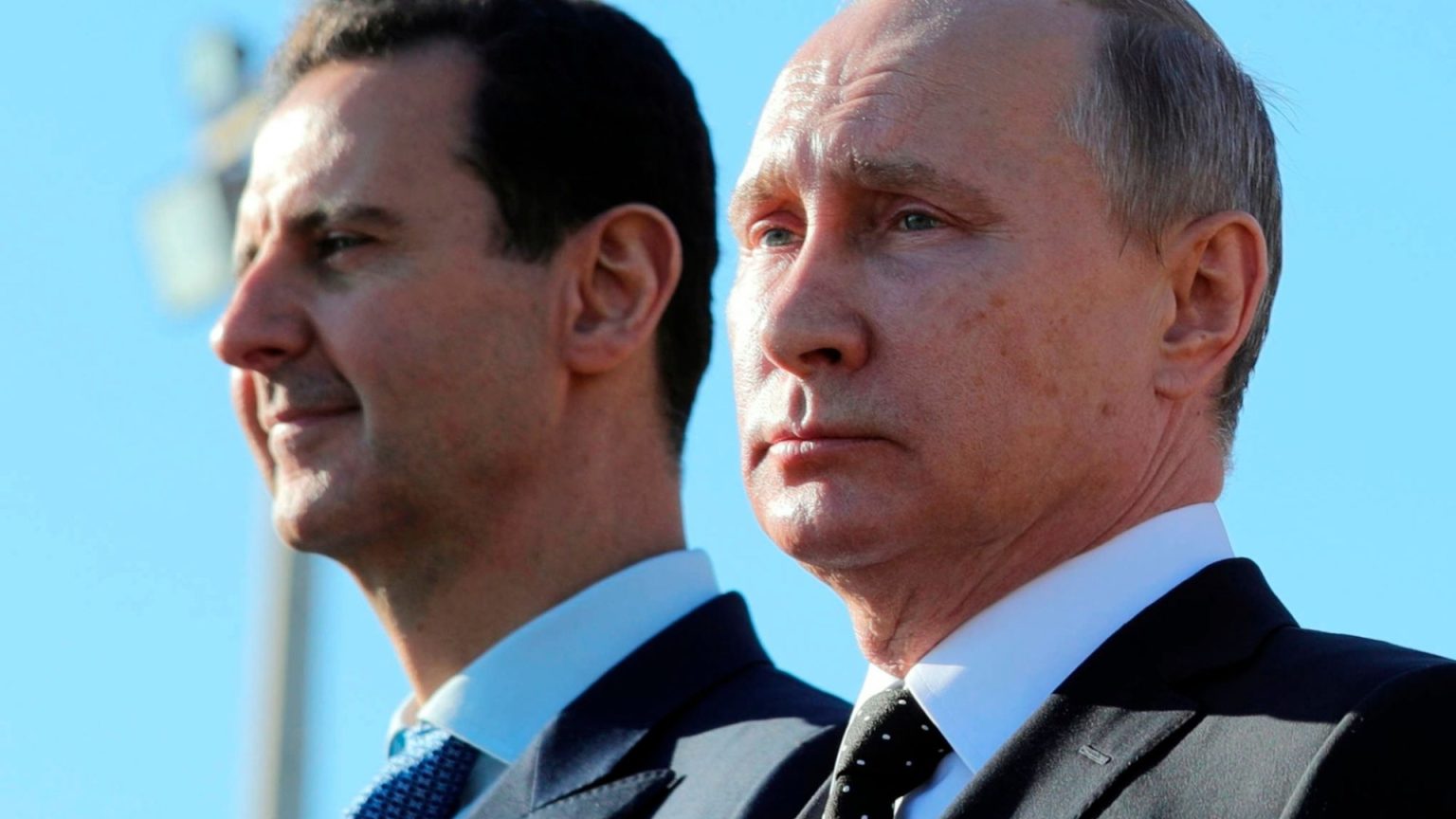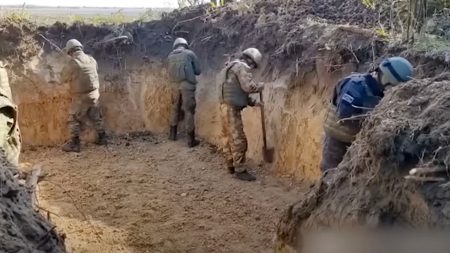Paragraph 1: The purported forced exile of Bashar al-Assad
Bashar al-Assad, the ousted Syrian president, broke his silence in a statement released on December 16th from Moscow, claiming that his departure from Syria was not voluntary, but rather orchestrated by Russian President Vladimir Putin. Assad asserts that he initially sought refuge at the Russian Kheimim airbase in Lattakia after "terrorist forces" infiltrated Damascus. However, the base itself came under drone attack shortly thereafter, forcing him to flee the country. This narrative contradicts previous reports and analyses, which suggested that Assad’s exile was a strategic move to avoid capture or death at the hands of advancing rebel forces. Assad’s statement, published on the Syrian presidency’s Telegram channel, marks his first public communication since the rebel offensive that led to his ouster.
Paragraph 2: Assad’s account of the events leading to his departure
According to Assad’s account, he remained in Damascus until the early hours of December 8th, overseeing the government’s response to the rebel advance. He claims that upon arriving at the Kheimim airbase, he discovered that Syrian government forces had completely withdrawn from all battle lines, leaving him with no military support. Assad insists that he never considered resigning or seeking refuge, and that no such proposal was made by any party. He portrays himself as a steadfast leader who was forced to abandon his country due to unforeseen circumstances, rather than a leader fleeing in the face of defeat. This narrative seeks to maintain an image of strength and resolve, potentially to retain influence and support among his remaining loyalists.
Paragraph 3: Contrasting narratives and the credibility of Assad’s claims
Assad’s claim that he was forced into exile by Putin raises questions and contradicts prevailing narratives surrounding the Syrian conflict. It is unclear why Putin would orchestrate the removal of a key ally, especially given Russia’s significant military and political investment in supporting the Assad regime. Furthermore, the timing of Assad’s statement, released after he had secured asylum in Russia, adds to the skepticism surrounding his claims. The lack of independent corroboration and the potential for political maneuvering make it difficult to ascertain the veracity of Assad’s account. The international community remains divided on the Syrian conflict, and Assad’s statement further complicates the already complex geopolitical landscape.
Paragraph 4: The geopolitical context and Russia’s role in the Syrian conflict
Russia has been a staunch ally of the Assad regime throughout the Syrian conflict, providing military support and diplomatic cover against international pressure. This intervention has been crucial for Assad’s survival, enabling his forces to regain control over significant territories and thwart rebel advances. Assad’s claim of being forced out by Putin seems counterintuitive to Russia’s strategic interests in the region. However, it’s plausible that the Kremlin may have deemed Assad a liability in the face of mounting international criticism and the shifting dynamics of the Syrian war. Alternatively, Assad’s statement could be a strategic maneuver to deflect blame and maintain a semblance of control over his narrative.
Paragraph 5: The implications of Assad’s statement for the future of Syria
Assad’s statement has significant implications for the future of Syria, particularly regarding the ongoing political negotiations and the potential for a transitional government. By portraying himself as a victim of circumstance rather than a defeated leader, Assad aims to retain a degree of legitimacy and influence in the post-conflict scenario. This could complicate efforts to achieve a lasting peace settlement, as it may embolden his remaining supporters and hinder reconciliation efforts between the warring factions. The international community faces the challenge of navigating these complexities and finding a path towards a stable and inclusive future for Syria.
Paragraph 6: The ongoing Syrian crisis and the search for a resolution
The Syrian conflict has been a protracted and devastating crisis, resulting in immense human suffering and widespread destruction. The international community continues to grapple with the challenge of finding a sustainable solution that addresses the root causes of the conflict and ensures accountability for the atrocities committed. Assad’s statement adds another layer of complexity to the already intricate political landscape, highlighting the deep divisions and mistrust that continue to impede progress towards peace. The future of Syria remains uncertain, with numerous internal and external actors vying for influence and control. A comprehensive and inclusive political process, involving all relevant stakeholders, is essential to achieve a lasting resolution and build a more stable and peaceful future for the Syrian people.











